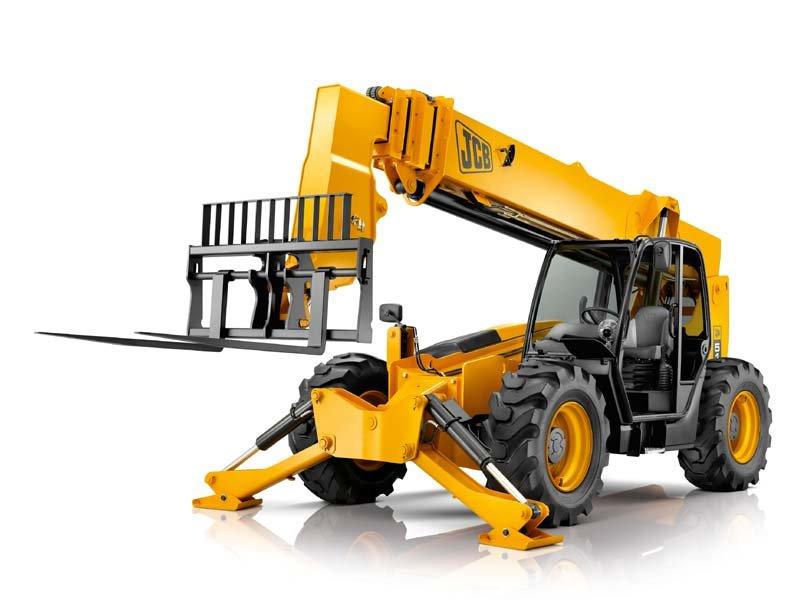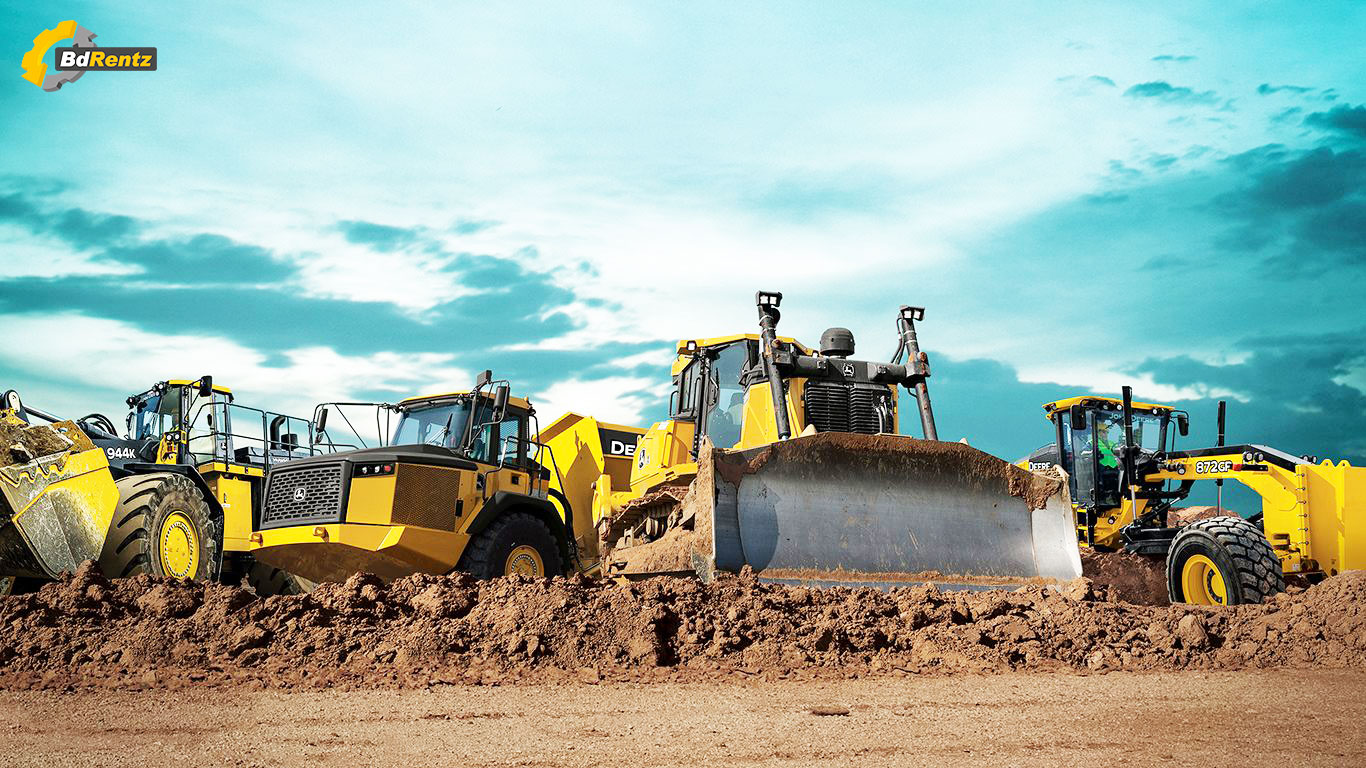Equipment Rental Company: Your Source for All Sorts Of Machinery
Equipment Rental Company: Your Source for All Sorts Of Machinery
Blog Article
Optimize Your Spending Plan by Understanding the Expenses Connected With Construction Tools Leasings
Recognizing the complete extent of prices related to construction equipment leasings is essential for maximizing your spending plan. While the first rental charge may appear uncomplicated, various additional costs-- such as transportation, gas surcharges, and upkeep-- can quickly accumulate, influencing your monetary preparation. Being conscious of different costs and the complexities of rental arrangements can aid prevent unexpected economic concerns. What strategies can be utilized to properly manage these costs and make certain a more efficient rental experience?
Introduction of Rental Prices
When considering building and construction devices leasings, recognizing the connected prices is critical for effective budgeting and project preparation. Rental prices can vary dramatically based on several aspects, including equipment type, period of rental, and area. The first rental charge frequently mirrors the devices's market need and its linked functional capabilities, influencing the overall expense.
Along with the base rental rate, ancillary expenses might arise, such as transport charges, fuel surcharges, and maintenance charges. It is vital to make up these additional expenditures to properly analyze the total cost of renting out devices. The rental period can affect rates; longer services might certify for discounted prices, while short-term rentals may sustain greater everyday fees.

Break Down of Rental Rates
A detailed understanding of rental prices is necessary for professionals and job managers intending to maximize their spending plans. Rental rates for construction equipment normally include a number of parts, including base prices, time-based costs, and use charges.
Base prices are the core fees linked with the service of the devices, typically established by the kind and size of the equipment. These rates can differ substantially, affected by aspects such as tools need, availability, and local market fads. Time-based fees, which may be daily, weekly, or monthly, offer to accommodate various job timelines and rental durations.
Additionally, rental prices might include use costs, which apply when tools is utilized past a defined threshold, ensuring that the rental firm can represent deterioration. Seasonal need fluctuations can also affect rental prices, with peak building seasons typically commanding higher costs.
Furthermore, comprehending the rental business's policies regarding upkeep and insurance can offer further insight right into the overall cost structure. By assessing these parts, service providers can make informed decisions, making sure the choice of rental devices aligns with both project demands and spending plan restrictions.
Extra Fees to Take Into Consideration
Comprehending the More Bonuses intricacies of additional costs is essential for service providers to manage their total leasing costs efficiently. Beyond the common rental prices, numerous supplemental charges can significantly affect the complete expense of equipment leasing. These fees often include delivery and pick-up costs, which can vary based upon distance and logistics entailed in moving the devices to and from the job site.
Furthermore, some rental companies may impose fuel additional charges if the equipment is returned with less gas than when rented. It is also necessary to know prospective cleaning charges, specifically for customized devices that requires detailed upkeep after usage.

Completely assessing the rental arrangement and making clear these added fees upfront can assist professionals avoid unforeseen prices and make sure that spending plans remain intact throughout the job lifecycle.
Maintenance and Repair Service Costs
Regular repair and maintenance expenditures are commonly ignored factors that can significantly affect the general cost of building and construction equipment rentals. When renting out devices, it is essential to consider not only the rental fees but likewise the possible costs related to maintaining the machinery in ideal operating problem.
Several rental business include fundamental upkeep as part of the rental agreement; nevertheless, more considerable repair services or unanticipated break downs can lead to additional costs. It's vital to evaluate the rental contract carefully to recognize what upkeep solutions are covered and what responsibilities fall on the occupant.
Furthermore, equipment that is not well-kept can lead to inefficiencies on duty site, possibly raising and creating hold-ups project expenses. To reduce these dangers, it is suggested to carry out regular assessments and keep open interaction with the rental copyright concerning any type of problems that emerge during usage.
Insurance Policy and Responsibility Costs
Insurance and liability costs are essential components that can considerably affect the general cost of construction tools leasings (heavy equipment rental). These costs make sure that both the rental firm and the ton excavator client are safeguarded from prospective financial losses emerging from crashes, damages, or burglary throughout the rental period

Additionally, view website clients should recognize any kind of deductibles or exclusions in the insurance coverage, as these can influence potential out-of-pocket expenditures. Comprehending the terms of any kind of insurance policy protection is important to avoid unexpected expenses. Eventually, budgeting for insurance coverage and obligation costs can aid ensure a smoother rental experience and shield versus financial threats related to building projects.
Conclusion
In conclusion, an extensive understanding of the costs associated with construction devices leasings is vital for effective budget plan management. Inevitably, notified decision-making concerning equipment rentals adds to the total success of building undertakings.
Rental prices can vary substantially based on numerous elements, including equipment type, period of service, and area (forklift rental). The rental duration can impact pricing; longer leasings might qualify for reduced prices, while temporary services could sustain greater everyday charges
By carrying out thorough study and engaging with trustworthy rental firms, contractors can efficiently navigate the complexities of rental rates, inevitably maximizing their financial sources.
Past the standard rental prices, numerous additional charges can significantly affect the overall price of tools leasing. Rental companies usually offer obligation insurance coverage that covers injuries to third celebrations or damages to residential or commercial property, while equipment damage insurance can cover the price of repairs or replacement if the rented devices is harmed.
Report this page